detail profile marta rodr c3 adguez
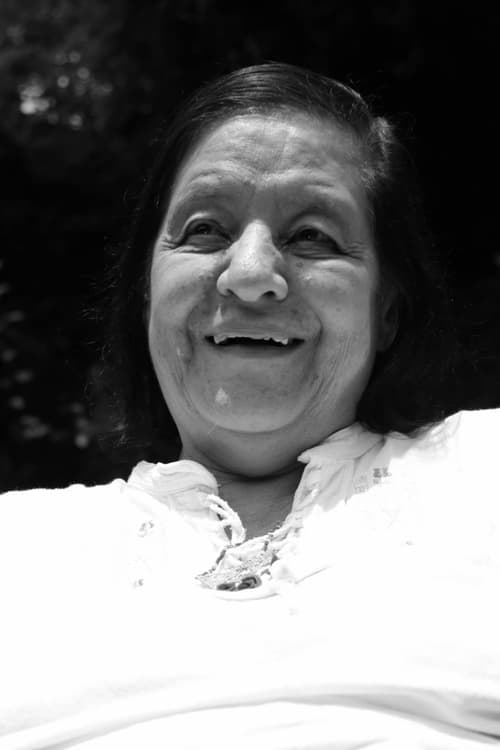
Riwayat Hidup
Marta Rodríguez is a pioneer of documentary film in Latin America and member of the New Latin American Cinema movement that emerged in 1968.
She has positioned herself as the best and most important documentary maker in Colombia and Latin America during her artistic career of 50 years, with a filmography that boasts 18 award-winning documentaries at major film festivals.
Info Pribadi
Peran Yang Di Mainkan Marta Rodríguez
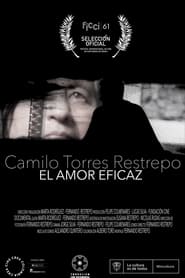 An experimental documentary that dares to...
An experimental documentary that dares to...Camilo Torres Restrepo, el amor eficaz 2022
An experimental documentary that dares to gather diverse and plural audiovisual archive materials, which gives itself the possibility of creating an imaginary, but concrete, intense and profound conversation between the filmmaker Marta Rodríguez and the indefinable Camilo Torres Restrepo. A film that invents the opportunity to talk to a dead man, why yes, Camilo died, but his questions, his ideas and his effective love remain strong and powerful within Marta's life and political and artistic reflection. Who was Camilo Torres Restrepo? The documentary tries to answer this question by looking at Colombia today, analyzing it, and understanding it, perhaps a little more, in its inequalities and its constant violence. Perhaps this is the greatest legacy that Camilo left to those who are still alive.
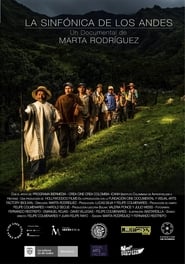 The North of Cauca is the...
The North of Cauca is the...Los Andes Symphony Orchestra 2020
The North of Cauca is the region of Colombia most affected by the internal armed conflict since 1940. There is an orchestra of ancestral music composed of young indigenous people of the Nasa ethnic group who, with their instruments, their voice and their poetry, remember Maryi Vanessa Coicue, Sebastian Ul and Ingrid Guejia, three of the hundreds of indigenous children who have died because of this eternal and useless war between leftist guerrillas, armed groups of the extreme right, drug traffickers and the Colombian State.
 When Liliana decides to return to...
When Liliana decides to return to...Breadcrumbs 2016
When Liliana decides to return to Uruguay she will have to face up to a new dilemma, perhaps the last great dilemma of her life: To choose between supporting a collective case for female prisoners, raped during the time of the dictatorship, or to reconcile with her son and be able to live peacefully as a mother and a grandmother.
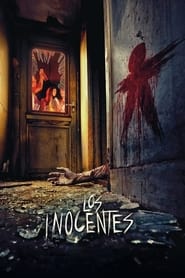 Nine young friends get lost on...
Nine young friends get lost on...Bloody April Fools 2013
Nine young friends get lost on their way to spending April Fools Day together. Instead of letting the entire trip go to waste, they decide to go party at an old abandoned inn called 12 Hills. Rumor has it that the place has curse that comes to life every April 1st. Despite the warnings from the locals, the friends decide to go ahead with their April Fools Day plan. It's all partying, sex and alcohol until victims of sick, deadly jokes start to appear.
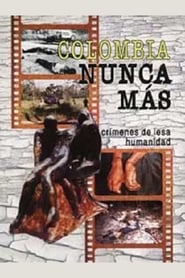 A documentary about the struggles of...
A documentary about the struggles of...Never Again 2001
A documentary about the struggles of Colombian peasants in the province of Chocó who are caught in the middle of an armed conflict between the military, guerrillas and other paramilitary groups.
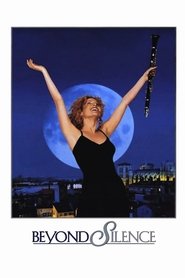 Beyond Silence is about a family...
Beyond Silence is about a family...Beyond Silence 1996
Beyond Silence is about a family and a young girl’s coming of age story. This German film looks into the lives of the deaf and at a story about the love for music. A girl who has always had to translate speech into sign language for her deaf parents yet when her love for playing music grows strong she must decide to continue doing something she cannot share with her parents.
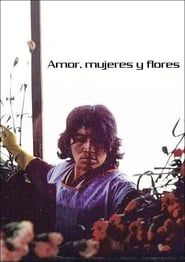 Women workers stand up to the...
Women workers stand up to the...Love, Women & Flowers 1988
Women workers stand up to the toxic flower industry in Colombia.
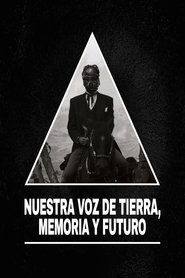 The struggles of the community of...
The struggles of the community of...Our Voice of Earth, Memory and Future 1982
The struggles of the community of the Coconuco indigenous reservation in Cauca, which by the eighteenth-century royal card is entitled to 10,000 hectares, and in 1971 it barely has 1,500.
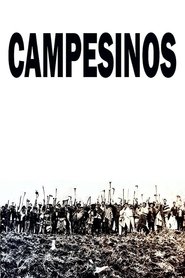 A Colombian documentary that expose the...
A Colombian documentary that expose the...Campesinos 1975
A Colombian documentary that expose the context of the indigenous-farmer movement in the early '70s.
 This film documents the life of...
This film documents the life of...The Brickmakers 1972
This film documents the life of a family of brick makers in the outskirts of Bogotá, using the personal experience of the Castañeda family to expose the exploitation of manual laborers. Marta Rodríguez and Jorge Silva worked on this documentary from 1966 to 1972, establishing a relationship with the family which allows the viewer an intimate look at their hardships.
 A salesman comes to town offering...
A salesman comes to town offering...